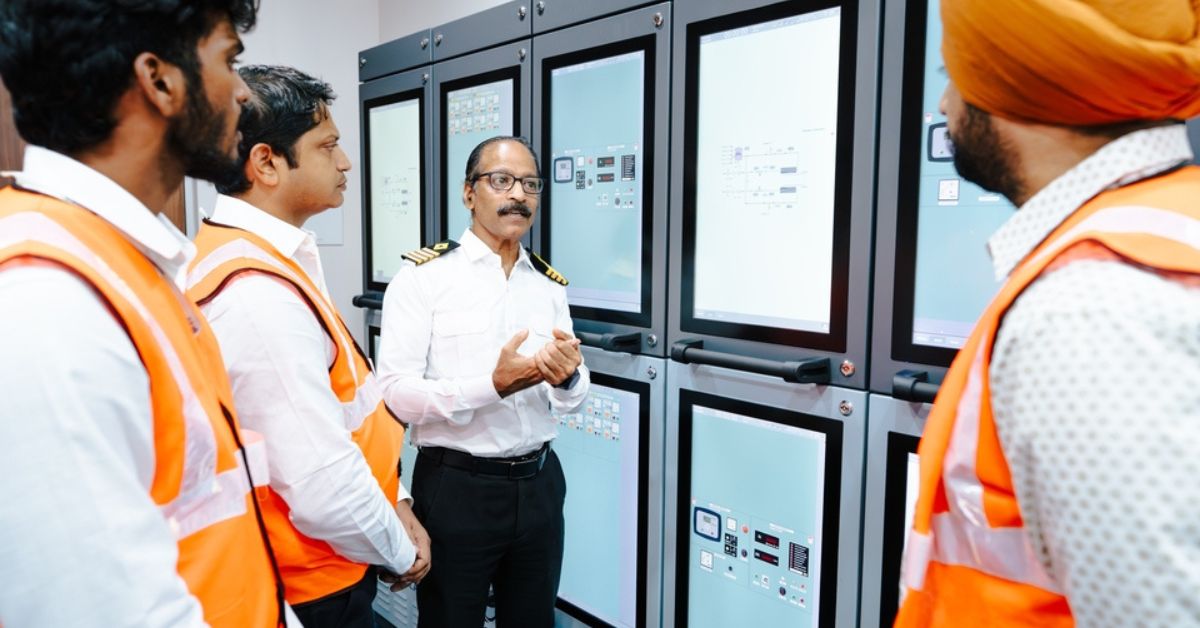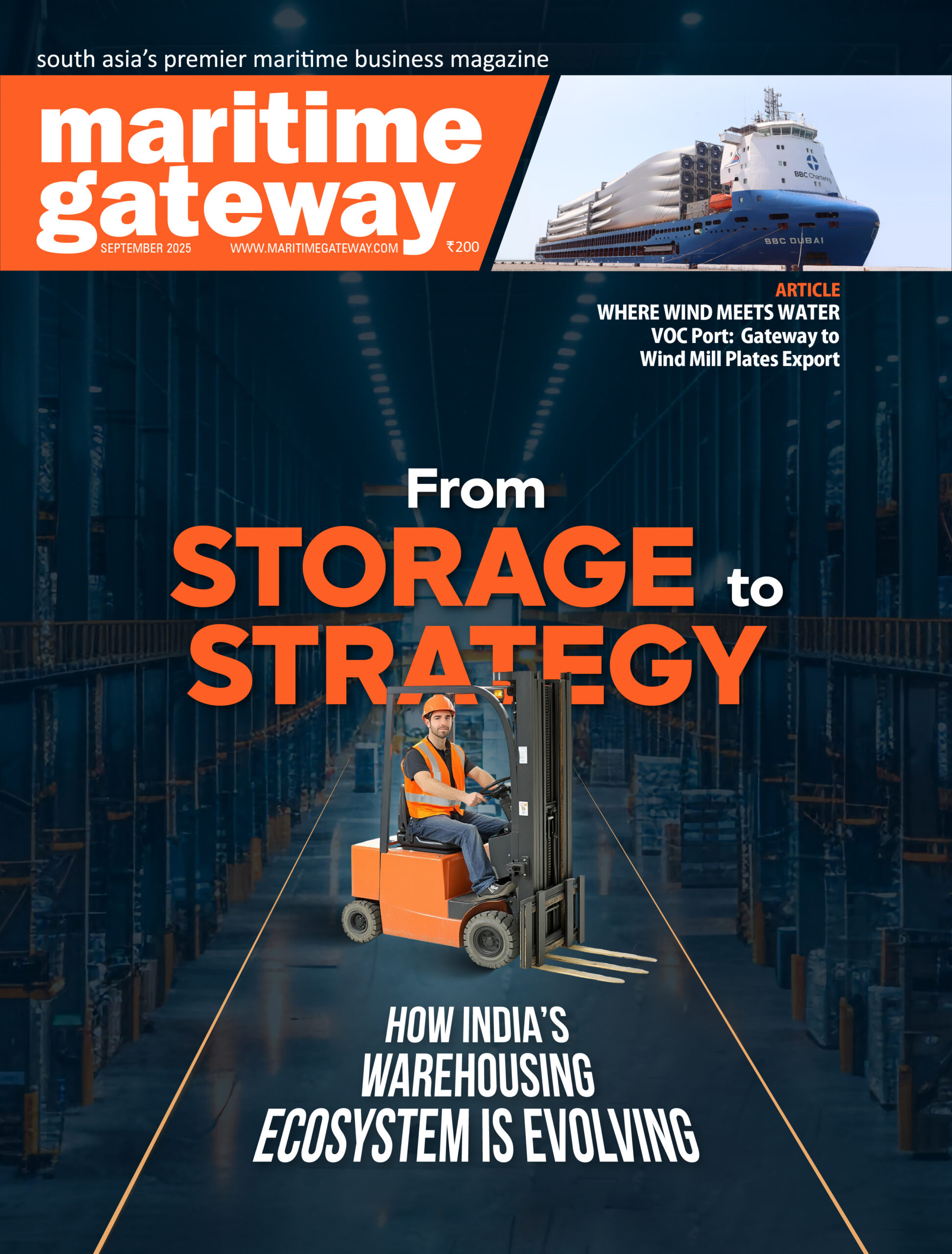As the maritime industry accelerates toward a low-carbon future, Bernhard Schulte Shipmanagement (BSM) has taken a pivotal leap by unveiling its first methanol bunkering simulator at the BSM Maritime Training Centre in Kochi, India. Developed in partnership with Wärtsilä, a global leader in maritime technology, this advanced platform is designed to equip seafarers with the practical skills and technical know-how needed to safely handle methanol—a promising clean fuel alternative.
A complementary ammonia bunkering simulation module is slated for rollout in early 2026, reinforcing BSM’s long-term strategy to enhance training capabilities and ensure readiness for a new fleet of low- and zero-carbon vessels. This initiative forms a cornerstone of the company’s commitment to operational safety and environmental stewardship.
With this pioneering move, BSM affirms its role in shaping a future-ready maritime workforce that can confidently navigate the evolving landscape of sustainable shipping.
The new simulator in Kochi is just the beginning. By the end of 2025, two additional methanol bunkering simulators will be commissioned at BSM’s Maritime Training Centres in Poland and the Philippines, significantly expanding the company’s ability to deliver high-impact alternative fuel training worldwide.
In Q1 2026, BSM will further enhance its simulator in Kochi with a dedicated ammonia training setup. This is rounding out comprehensive simulation coverage through the already existing LNG hub training as well as methanol and ammonia – the three primary alternative fuels driving maritime decarbonisation.
BSM’s proactive investment in simulation technology and crew training is directly aligned with developments of its managed fleet. BSM will take over the management of its first methanol-fuelled ships this year—making this training and upskilling efforts a critical foundation for safe, compliant operations. And it is certain that demand will continue to rise: there are currently around 60 methanol-fuelled vessels in operation worldwide. Based on current orders, more than 350 methanol ships are expected to be in operation by 2030.
Recognising that this transition also requires new skills for instructors, BSM is investing in training its trainers as well, e.g. by participating in the world’s first Train-the-Trainer programme on Alternative Fuels for Sustainable Shipping, held in April in Shanghai and organised by the IMO and World Maritime University (WMU). This ensures that BSM’s in-house experts are aligned with the latest global standards and methodologies and skilled to equip ship crews with the knowledge and practical skills required to safely and efficiently handle methanol and ammonia as marine fuels in line with the IMO’s IGF Code.
In this context, BSM has developed a range of training courses aimed specifically at safe handling of the new fuels. In addition to familiarization courses on methanol and ammonium as a fuel, the programme also includes special methanol firefighting courses and simulation-based bunkering courses.









